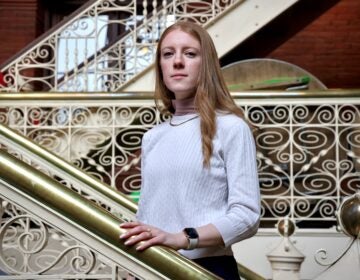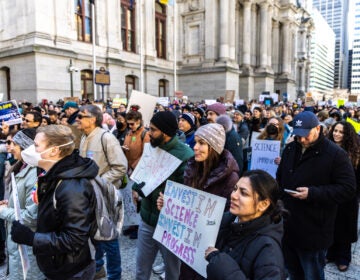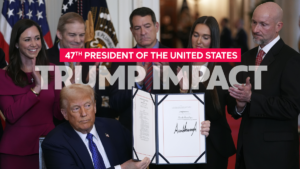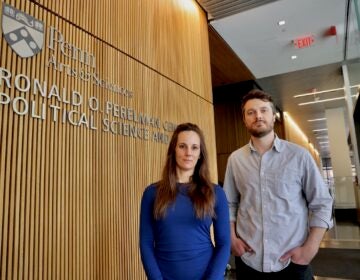Some Philly-area scientists get previously terminated research funding back, but say lasting damage remains
Researchers say that months of instability have already damaged the future pipeline of U.S. scientists and discoveries.
Listen 3:44
Protesters in Philadelphia gathered at City Hall to protest the Trump administration's freezes of research funding, firings of federal science agency employees at the CDC and NIH, and deletion of health data from government websites on March 7, 2025. (Kimberly Paynter/WHYY)
From Philly and the Pa. suburbs to South Jersey and Delaware, what would you like WHYY News to cover? Let us know!
Some Philadelphia-area scientists have gotten federal research funding back, after a federal judge ruled that the Trump administration could not give any reason for taking away their grants in the first place.
A few months ago, hundreds of researchers around the country learned that the National Institutes of Health had cancelled their already approved research grants.
Delaware, New Jersey and 14 other states joined professional organizations like the American Public Health Association to sue the Trump administration over those cuts.
Earlier this summer, a Massachusetts federal judge appointed by former President Ronald Reagan ruled that the Trump administration illegally terminated the grants, saying that the cuts were “arbitrarily and capriciously terminated.” NIH then moved to reinstate about roughly 900 grants that had been blacklisted.
Scientists say they have gotten the money back, but the past few months have already done lasting damage to U.S. science and scientists.
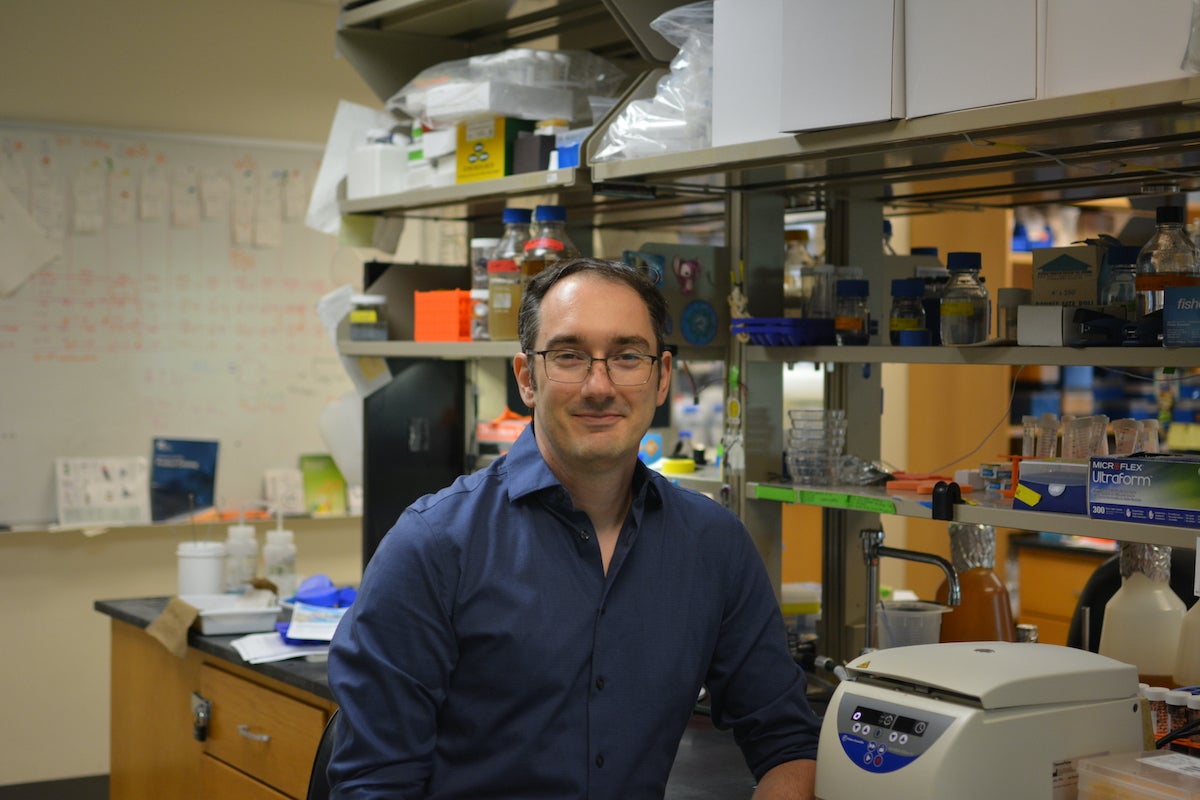
Biochemist Karl Schmitz at the University of Delaware studies the bacterium that causes tuberculosis, a serious lung disease that kills hundreds of patients in the U.S. and more than 1 million around the world a year. His hope is that his research can someday lead to new treatments against the disease.
The NIH cancelled his research claiming that it was related to “diversity, equity, and inclusion,” without any further explanation or definition of the phrase. The Massachusetts judge wrote in his ruling that no Trump official “has ever defined it to this Court — and this Court has asked multiple times,” adding that “it’s definition is purely circular reasoning: DEI is DEI.”
Schmitz said his NIH grants pay for his lab and a few graduate students, so he “had to immediately scramble and figure out how we could keep the lab running and … find support for these students.”
Two students rushed to graduate so they could look for work. The university gave him some temporary funding so the other students could remain.
Schmitz scrambled for solutions and funding, instead of doing science.
“That’s time that we as a lab are not spending doing experiments or writing up our results,” he said.
Now, Schmitz got his research funding back.
He said that while it is a “massive relief,” he and other scientists are now left with a new sense of instability — federal science agencies can just change their minds at any time, despite previous approvals and agreements.
He said that now he and his colleagues feel like they need to spend more time to apply for more grants “just to help insulate the research enterprise against the possibility of funding disruptions.”
Schmitz said that this means they cannot commit to hosting as many graduate students who are working toward their doctorate degrees, and their labs must now focus on shorter-term research.
“The larger and more long-term potential consequence is … the drying up of the research pipeline, of the training pipeline,” he said.
In a statement, the director of communications for the Department of Health and Human Services, Andrew Nixon, said that the department stands by its decision to end funding for research that “prioritized ideological agendas over scientific rigor” and it “is committed to ensuring that taxpayer dollars support programs rooted in evidence-based practices and gold standard science – not driven by divisive DEI mandates or gender ideology.”
He did not specify what “DEI mandates” or “gender ideology” refer to, nor did he explain, when asked, how those relate to research on tuberculosis. The Trump administration recently appealed the judge’s decision to the U.S. Supreme Court, arguing that it should be allowed to cancel the research funding again.
The judge’s order does not address the science funding problem entirely. It only restored grant funding for the scientists in states where attorneys general sued, or who belonged to the American Public Health Association or another professional organization that joined the lawsuit. Many other scientists were not part of the lawsuit, and still have not had their grants reinstated.
Ayden Scheim, an epidemiologist at Drexel University in Philadelphia who studies how stigma and discrimination prevent people from joining HIV prevention and treatment programs, said it is “totally arbitrary” that he got his grant back and his colleagues did not.
“Their termination was just as unlawful. They simply didn’t have the good fortune to be among the plaintiffs in the case,” he said, explaining that he renewed his membership with the American Public Health Association so he could be part of this lawsuit.
He said that even with his grant reinstated, “the damage to the field … will be lasting,” adding that his research focuses on LGBTQ+ populations.
“I’ve spoken to many students and early career researchers at my institution and at others that are understandably very wary of pursuing a career in any of the areas that have been targeted by this administration … because they appreciate that this won’t be the last attempt to … censor this kind of science.”
He said the Trump administration could continue to target their fields, such as by refusing to approve or review any research grants that mention these topics in the first place.
The way the administration canceled these grants also discourages up-and-coming scientists, said Koraly Pérez-Edgar, a developmental psychologist at Penn State. The NIH did not cancel the grant for her research on how parents’ brains work together with children’s brains, but it did cancel and then reinstate a grant that funded training for two students to learn research skills and become scientists themselves. That led to months of lost work.
She said for students to receive one of these NIH training grants, they must have gotten competitive grades, done research as an undergraduate student, worked as a full-time research assistant and been admitted to graduate school — which amounts to years of work. She said that receiving an NIH training grant is usually a sign that someone is a promising scientist, and now the NIH is attacking this pipeline.
“Almost systematically all the things that we’ve taught our students that you need to do, should do, are being pulled away,” she said. “We still hear from the administration an emphasis on early career training, increasing the biomedical workforce, making us strong in science, both basic and applied. But many of the actions target the very individuals who will be that force and that leadership in the next 10 to 15 years.”
She said for students, the recent funding shake-ups in the field have created doubts as to whether they should enter into a scientific career in the first place.

Get daily updates from WHYY News!
WHYY is your source for fact-based, in-depth journalism and information. As a nonprofit organization, we rely on financial support from readers like you. Please give today.



